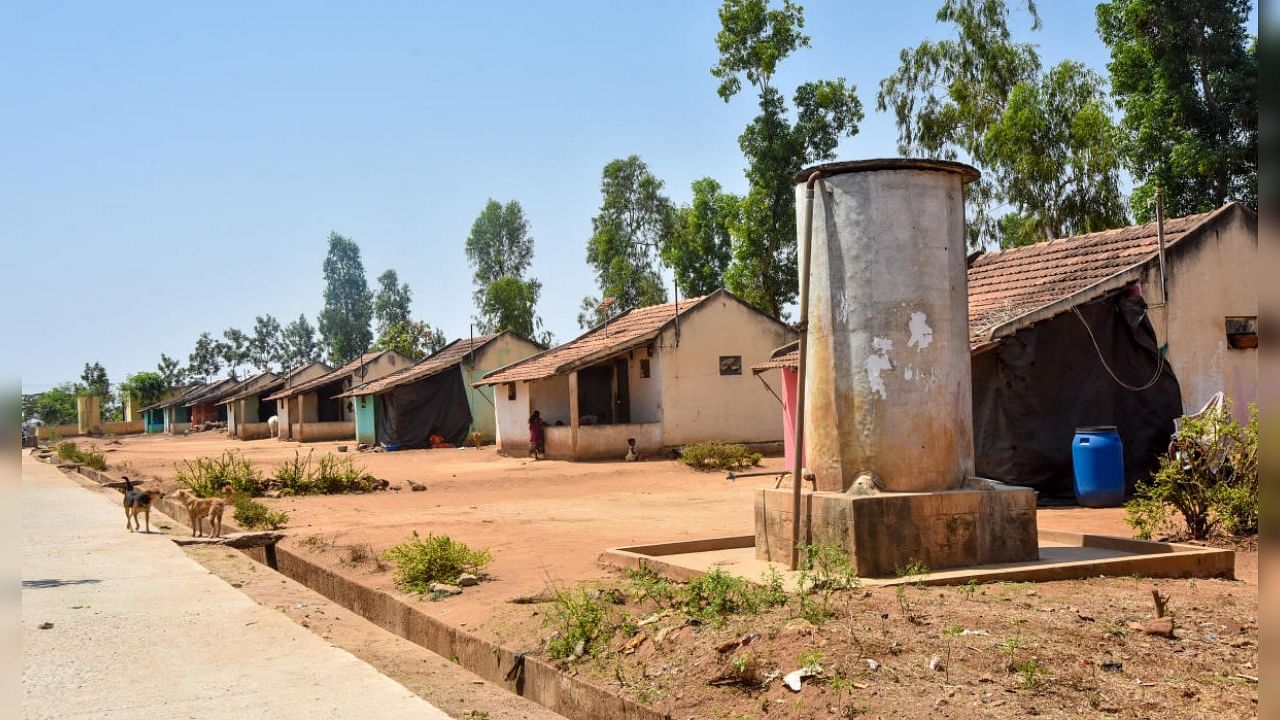
Upset over the lack of interest of the officials concerned, in identifying the habitat rights of the tribal community people, tribal activists and organistions, working for the welfare of the aadivasis, urged the State government to issue proper guidelines and provide training to officials, on various provisions of the Forest Rights Act, 2006.
According to S Sreekanth of Development through Education (DEED), an NGO, the officials, involved in Forest Rights Committees at various levels, need proper training and there is a need to issue proper guidelines on recognition of the habitat rights for Particularly Vulnerable Tribal Groups (PVTG) under FRA-2006. In South Karnataka Jenukuruba and Koraga communities are categorised as PVTG, said Sreekanth.
While Koragas are in Dakshina Kannada and Udupi, Jenukurubas, who are traditionally food gatherers in forests, reside in Kodagu, Mysuru and Chamarajanagar districts.
DEED is working among Jenukurubas of Mysuru district, but we have contacts in Chamarajanagar and Kodagu also. In Mysuru district, Periyapatna, Hunsur, HD Kote, Saragur and Nanjangud taluks have 160 Jenukuruba habitats (hadis). Kodagu district has 100 habitats and Chamarajnagar has 25 habitats. Altogether there are 285 habitats with a total population of above one lakh.
The Bandipur National Park spreads over Chamarajnagar and Mysuru districts. Nagarahole National Park (Rajiv Gandhi) spreads over Mysuru and Kodagu districts. Both are tiger reserves and each spreads over 800 sq km area.
Jenukuruba people are largely dependent on Bandipur and Nagarahole National Parks and some reserve forests for their livelihood. But the Forest department does not allow the community people to collect non-timber forest products (NTFP) as they have been displaced from their traditional habitats, without any rehabilitation package in the early 1970s under the guise of Wildlife Protection Act.
The community people are suffering on the fringes of the national parks, as daily wage labourers since four decades. Although they are entitled to habitat rights, as per FRA-2006 and are eligible for traditional habitats, the proposal has been rejected under the pretext that the tribals are not living in the forest, said Sreekanth.
FRA-2006 has not been implemented properly in Karnataka. Hence the historical injustice has continued. The tribals are deprived of a decent life, as per the provision of the Constitution. Therefore, proper guidelines should be prepared and training should be given to gram sabhas and other agencies, which recognise habitat rights of the PVTGs.
Habitat rights include all traditional practices in their traditional village and forest boundaries - living area, worship, fishing, and collection of NTFP, he said.